
UK Economy
— Chancellor Rachel Reeves faces calls to resign amid economic woes, media scrutiny, and opposition claims. However, her credentials match past chancellors, and Britain’s longstanding structural issues, not her policies, fuel criticism.
The withdrawal of the UK from the European Union on 31 January 2020, after a referendum that took place on 23 June 2016 when UK voters chose to leave the EU by 52% to 48%.


UK Economy
— Chancellor Rachel Reeves faces calls to resign amid economic woes, media scrutiny, and opposition claims. However, her credentials match past chancellors, and Britain’s longstanding structural issues, not her policies, fuel criticism.

Long-Read
— National populism, fuelled by media-backed disinformation, anti-immigrant rhetoric, and libertarian ideologies, threatens democracies globally by eroding institutions, fostering fear, and exploiting divisions.

Long-Read
— The debate over Brexit resurfaces amid economic challenges and Trump’s return. Key concerns include UK-EU relations, trade uncertainties, and Labour’s struggle to reconcile Brexit’s political and economic implications.
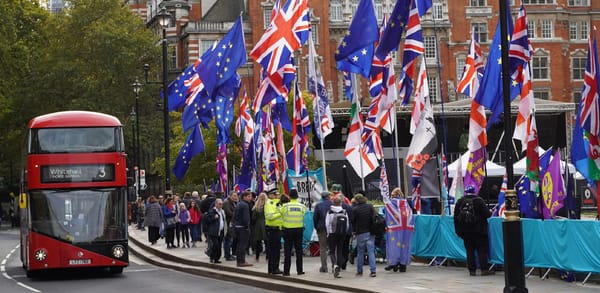
Brexit
— The UK public feels more “bresignation” than “bregret” over Brexit, with limited appetite for rejoining the EU now. A reset in UK-EU relations requires evidence-driven communication and depoliticised trade reforms.

Long-Read
— Chris Grey critiques Trump’s victory and Brexit’s deepening incoherence, highlighting Labour’s state-driven budget as a shift from neo-liberalism. Yet, Brexit’s financial toll limits Britain’s capacity to navigate these challenges.

Long-Read
— Labour’s Brexit policy centres on minor adjustments, avoiding rejoining debates despite economic drawbacks. Health Secretary Wes Streeting admitted Brexit’s economic costs, while backbenchers push for closer EU ties, challenging Labour’s restricted approach.
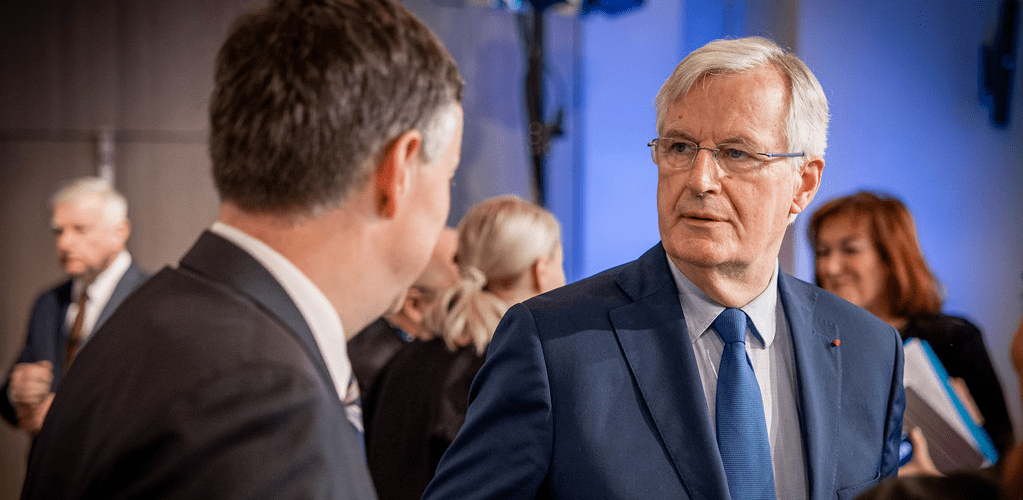
France
— Michel Barnier, former Brexit negotiator, is now France’s prime minister, representing Les Républicains. His appointment follows Macron’s failed election gamble. Barnier faces challenges forming a government amid National Assembly fragmentation.
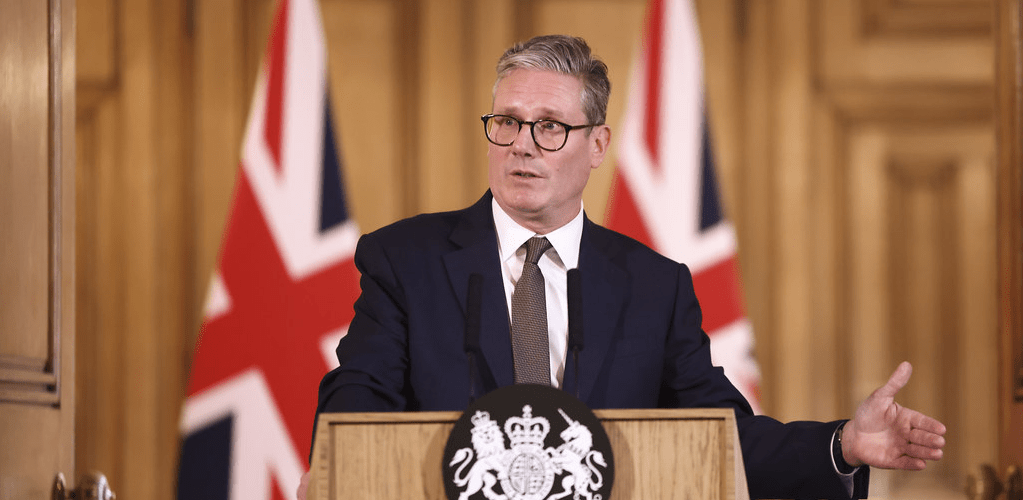
Brexit
— PM Keir Starmer faces the challenge of improving UK-EU relations amid Brexit’s unpopularity. Key strategies include leading on migration and security, aligning with EU regulations, and addressing both domestic and European concerns.
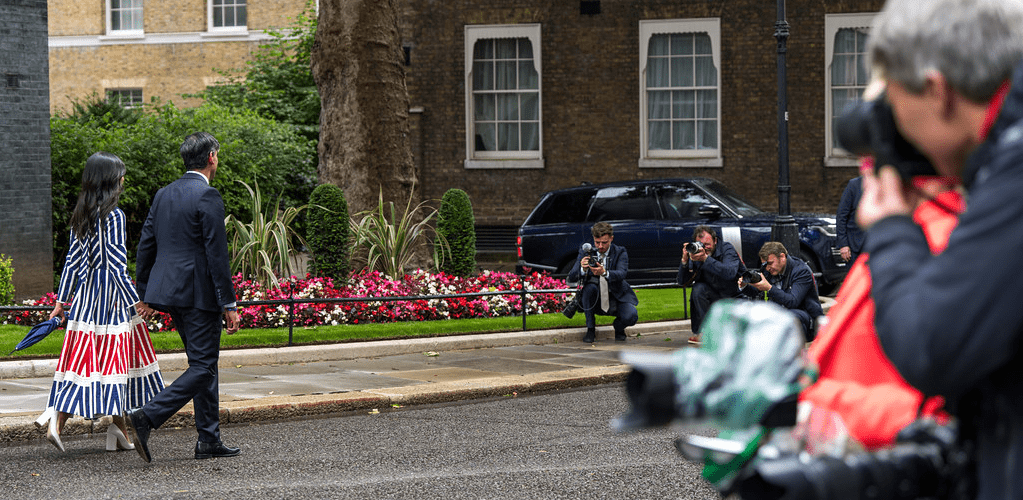
Long-Read
— Brexit, barely discussed during the general election campaign yet ever-present, catalysed the Tory downfall, culminating in a significant vote share drop. The new Labour government faces challenges, but now is a moment to celebrate the defeat of a damaging political ethos.
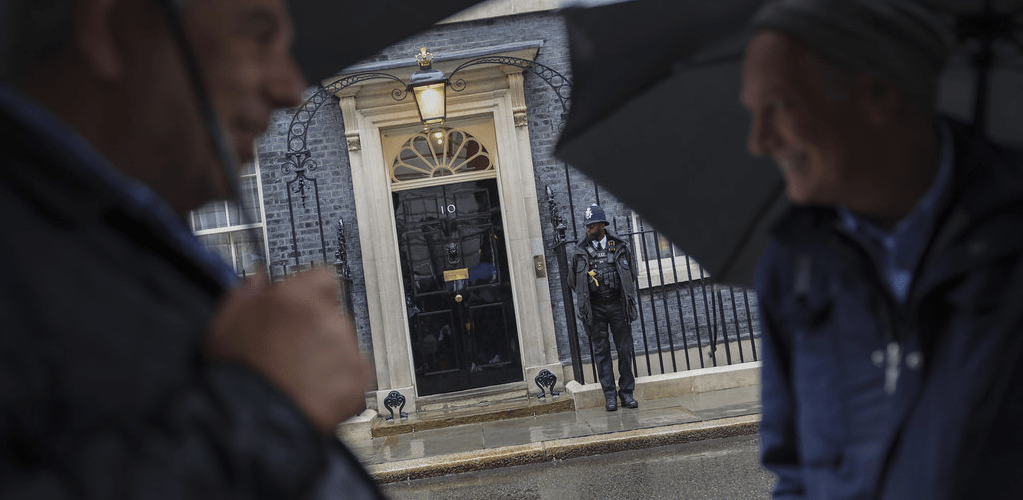
OPINION
— Fourteen years of Tory rule have caused incalculable harm. This morning we can breathe a sigh of relief. But Labour won’t be able to fix all the problems. We’ve been thinking hard about our work under a new government.

2024 General Election
— Democracies, despite their mistakes, excel at correcting them. The 2024 British general election’s defeat of the Conservatives highlights democracy’s power to renew. New Prime Minister Keir Starmer must now restore government integrity and address national damage.
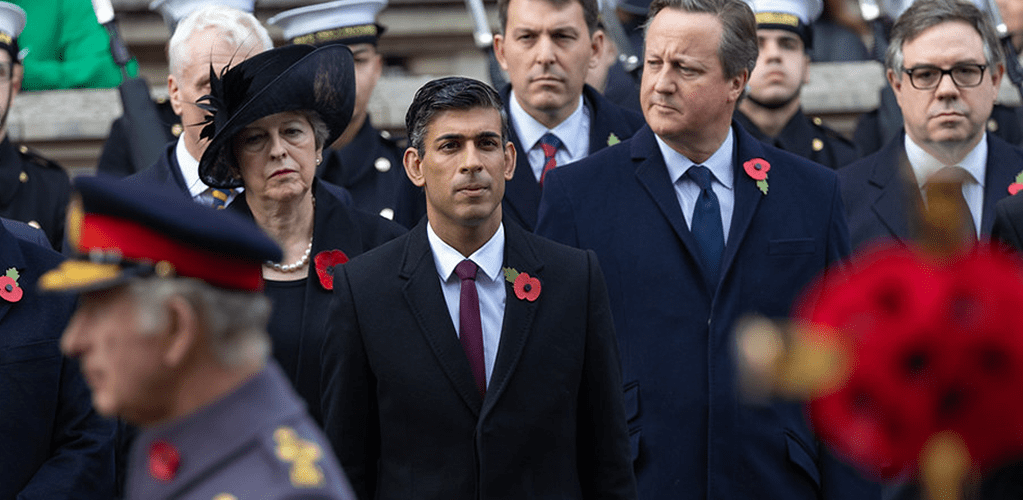
UK Politics
— The Conservative Party, established in 1832, was declared dead on 5 July 2024. Once popular and competent, it just couldn’t prevent universal suffrage, faced internal divisions, COVID-related greed, and simply declined after Brexit.

2024 General Election
— The upcoming general election could significantly impact EU citizens’ lives in the UK. Each party’s stance on immigration, EU relations, and civic rights will affect their residency, work, and social conditions.
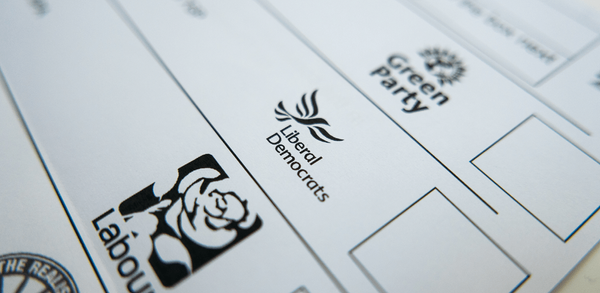
EU Citizens
— Despite living in the UK since infancy, Lucrezia Bosio, who holds settled status but not British citizenship, cannot vote in elections. High costs and complex immigration laws bar many migrants, like her, including elected members of government and NHS doctors, from voting on 4 July.
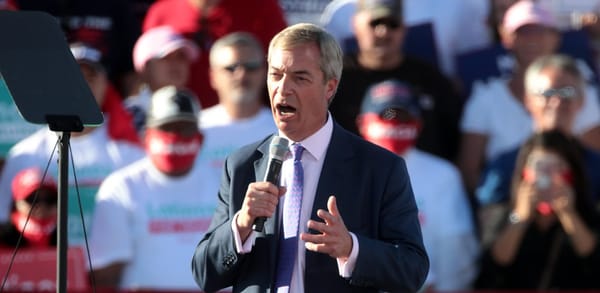
2024 General Election
— A YouGov poll shows Reform UK leading the Conservatives for the first time, 19% to 18%. Despite this, both parties are essentially tied. Nigel Farage’s leadership has boosted Reform’s support, affecting Conservative vote shares and potentially aiding Labour and Liberal Democrats.

Children's Health
— Research indicates a significant decline in the health and well-being of primary school children from 2014 to 2022, exacerbated by events like Brexit and the pandemic.
|
|